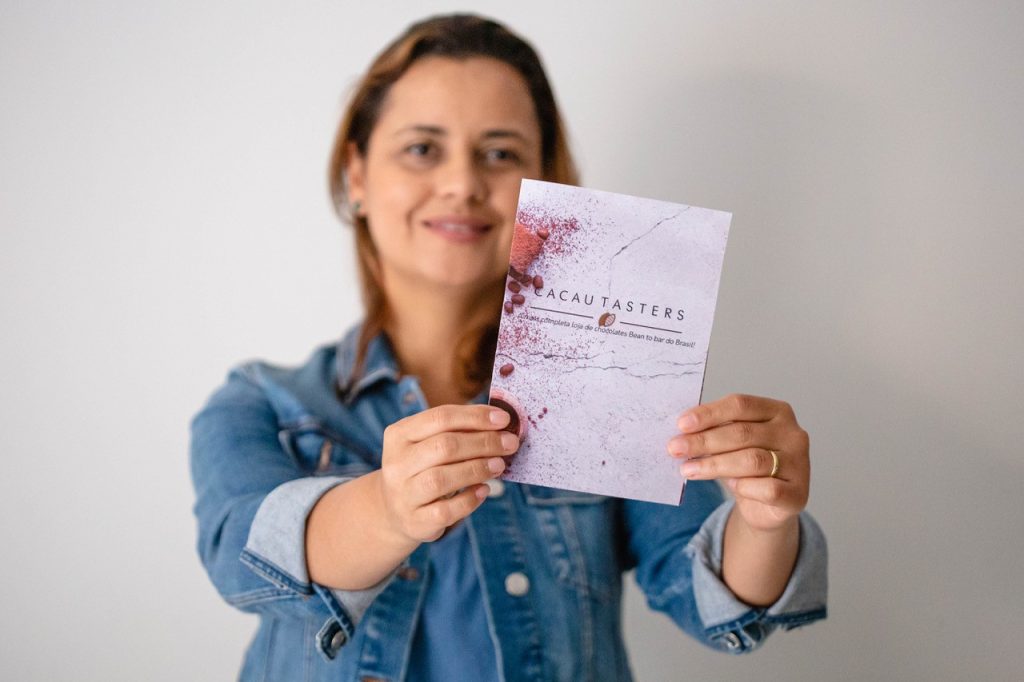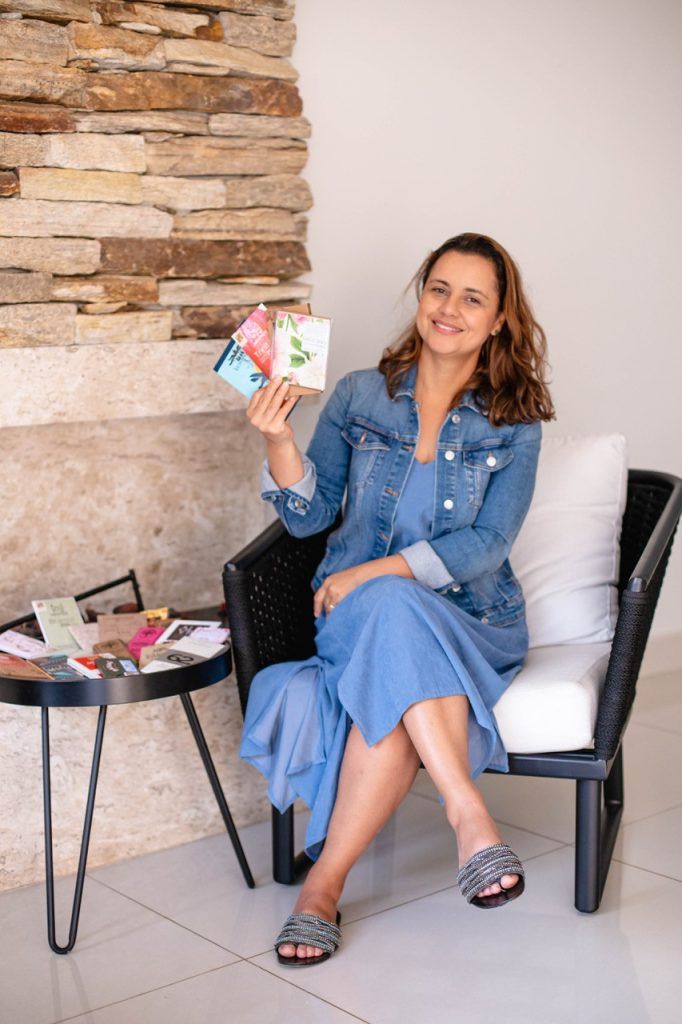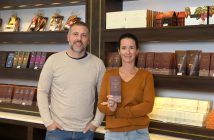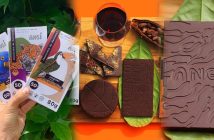The store emerged after its founder, Valdirene Privatti, was diagnosed with pre-diabetes
When she was diagnosed with pre-diabetes, Val Privatti, a healthcare professional who spent half her life working in hospitals, decided to drastically change her eating habits before the worst happened. The offer of natural products in the Brazilian market, without pesticides, gluten-free and vegan was already considerable. But Val, a chocolate lover, was recommended by her doctor to only consume chocolates with more than 60% cocoa. She looked for several brands in supermarkets, but the chocolates were bad and didn’t please her; even those from already reputable brands.
As she didn’t want to eliminate chocolate from her diet, she started researching and found out about the Bean to Bar chocolate movement in Brazil. She was so excited that she decided to help other people find excellent products that contained only three ingredients in their recipes: cocoa, organic sugar and cocoa butter. This is real chocolate!
And four years ago, she decided to create the first and only online store specializing in Brazilian Bean to Bar chocolates, Cacau Tasters, @cacautasters.

“I’ve already seen chocolate bars with up to 12 ingredients, including hydrogenated or palm fat, flavoring, acidulant, among other absurdities. If you find a chocolate like this, my advice is: run away from it!”, explains Val Privatti.
The first brands to be part of the Cacau Tasters portfolio were Baiani, Luisa Abram, Mission and Gallette. Currently, its ecommerce sells 20 to 25 different brands of Bean to bar chocolate bars, with 120 different options ranging from the most intense, with 81% cocoa, through 70% cocoa, up to 45%; not to mention white chocolates, which are pure cocoa butter, white chocolate with nibs and those with inclusion. In addition to bars, it also markets Mestiço nibs and Monjolo powdered chocolate, which is not alkalized and is 100% pure. It doesn’t sell bonbons because they are more perishable.
The nicest thing about Cacau Tasters is that they are responsible for curating the chocolates they sell. “What I don’t eat I don’t sell. That’s a matter of honor. For a brand to be part of our portfolio, it must undergo my scrutiny and that of my team. First, they have to send a copy, preferably pure, with at least 70% cocoa, without inclusion, for me to evaluate it. That way, I can feel the terroir, the fermentation process of the almonds, for me to check if it was roasted properly. If it approved by my scrutiny, then the evaluation evolves to other milk bars or bars with inclusion. I also evaluate the packaging. All these points are crucial for a good curation,” explains Val.
Subscription club
The Cacau Tasters subscription club is delivered on a monthly basis to the customer’s home without repetition for a year; the same bar, the same flavor and the same brand. The customer has four options: choosing four bars of dark and intense chocolates, bars without the addition of milk, bars from 40 to 80 grams of different brands, referred to as Essentials, or six bars with the same characteristics.

They can also choose the Mix of chocolates, four or six bars. Both are made with intense bars and also with milk chocolates, with or without inclusions, which can be orange zest, chestnuts, spices, coffee, among others.
Logistics
Depending on the geographic location, the chocolates can arrive even the next day. But the important thing is that, even if it is in the Amazon, the delivery will be made prioritizing the maintenance of the product quality. Thus, Val had to invest in styrofoam packaging, in addition to cardboard boxes, with several security seals to guarantee the quality of the products. “I didn’t want to use styrofoam, but in a continental-sized country like Brazil, with most of its territory having a hot and tropical climate, these precautions are necessary in order not to compromise the quality of the chocolates, and to prevent them from reaching customers already melted,” she explains. For that reason, Val chose not to market Easter eggs or bonbons.
In the future, Cacau Tasters also intends to sell bean-to-bar chocolate bars from producers in Latin America. “But only after the Brazilian market is mature. Today, only 2% of Brazilian consumers know about Bean to Bar chocolate. We have a lot of work to do,” she concludes.
To write this article, Cacau Tasters sent a package with five bars to Grão Especial. One of white chocolate with cashew nut praline, by Moa, produced in Fortaleza, Ceará. It was the first to be consumed by me and I confess that it was a very positive surprise. The second bar was the intense chocolate 62% with the addition of pitanga, produced by Luzz Cacau. I loved feeling the sourness of the fruit, in a well-resolved chocolate!
The other three are: cappuccino bar by Casa Lasevicius, 65% cocoa with coffee pieces by Raros Fazedores de Chocolates and Priscyla França Chocolates, made in caramel with salt flower 36%. These haven’t been opened yet.



